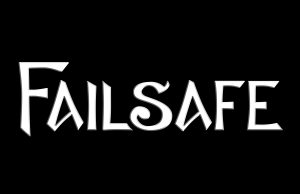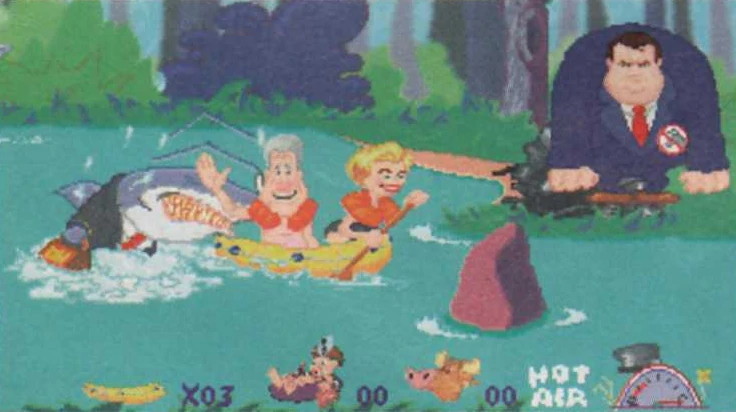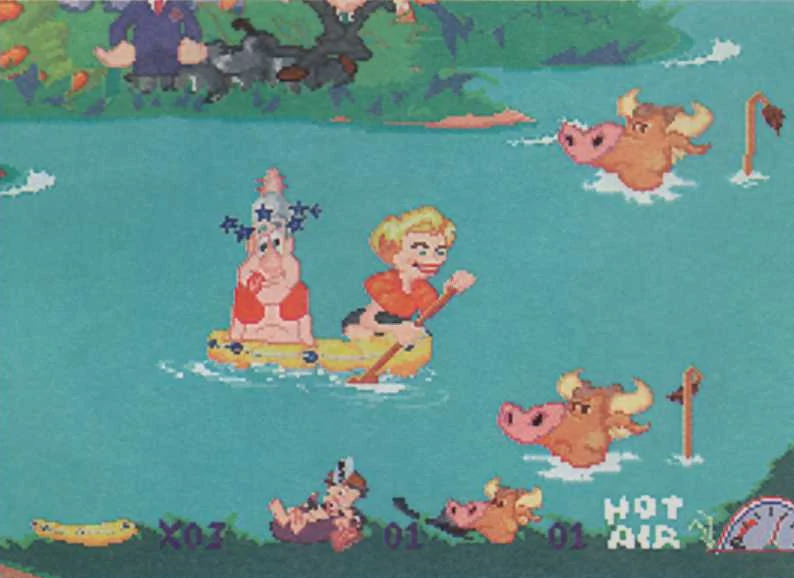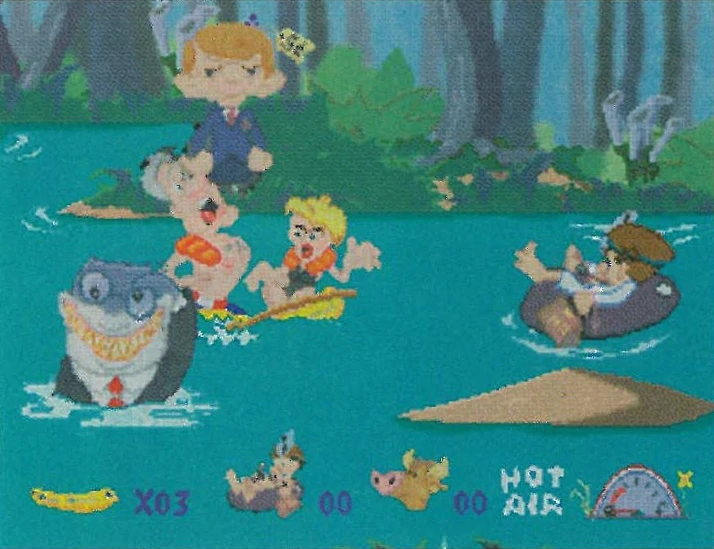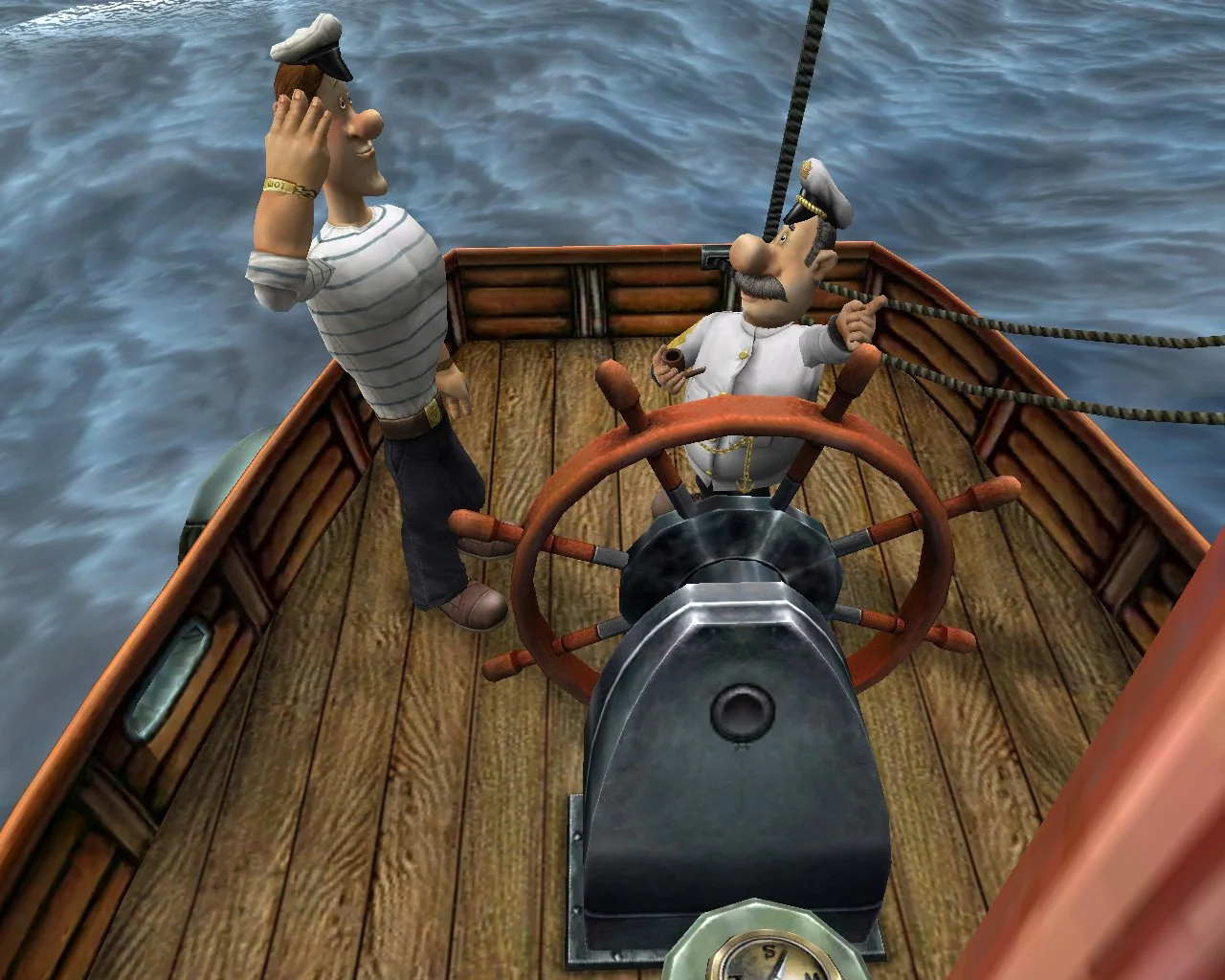Failsafe is a canceled parkour adventure game developed from 2014 to 2016 by Game Over LLC, planned to be released on PC first, then could also have been released on Xbox One and Playstation 4.
Failsafe followed Isra and XJ, her robot companion, as she accompanied her uncle on a journey outside of their village set on a wasteland of a planet.
The game was first mentionned in December 2014 on the official Twitter account of its developer as Project Johannesburg, before an early build was shown at the Penny Arcade Expo East in March 2015. Two months later, Polygon interviewed Daniel Lisi, managing director of Game Over LLC:
Failsafe is a first-person adventure puzzle game starring a young girl named Isra (voiced by Ashly Burch) and her robot companion (voiced by Dante Basco). The game, which poet Beau Sia and former Gearbox writer Anthony Burch are penning together, takes place in the distant future, where Isra is charged with completing a sacred ritual. Much of the game’s narrative will be driven by the development between Basco and Burch’s characters, Lisi said.
During the brief interview with Polygon, Lisi and creative director Seiji Tanaka — who previously worked on thatgamecompany‘s Journey — said that the game is intended to be simple, but also emotionally complex. Although Anthony Burch’s work has primarily been more comedy focused, as in Borderlands 2, Lisi said Failsafe will explore something more serious in terms of its tone. Isra and the Bot find themselves trapped within an ancient underground facility. Although the two are natural enemies, they must learn to overcome their differences and work together.
“As they travel through this treacherous environment together, they realize that the roles they’ve been given are not really how they want to be toward each other,” Lisi said.
Tanaka said that much of Failsafe’s gameplay will revolve around mastering and combining the capabilities of the girl and her robot. He compares it to games like Ico and The Talos Principle, with a bit of Portal and Mirror’s Edge mixed in.
“It’s really about understanding the strengths and weaknesses of each character,” Tanaka said. “Isra is a very capable acrobat. She can run really fast, jump really high and climb onto ledges very quickly, but she just doesn’t have the understanding of the environment she’s in, where the robot is very capable as an interfacing to the world around him.
“But it’s kind impeded by a lot of physical obstacles that he just can’t get across because of his physicality. It’s about understanding how these two can interact to enable each as a unit.”
Failsafe is currently being developed for PC platforms and “possibly PlayStation 4,” Lisi said. The studio expects to release it in summer 2016.
In November 2015, the project was launched on Kickstarter. Here was what we could read:

